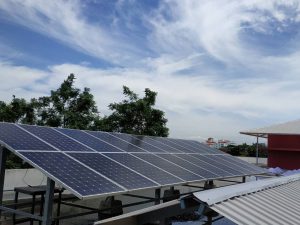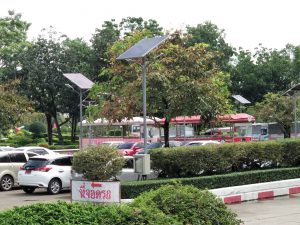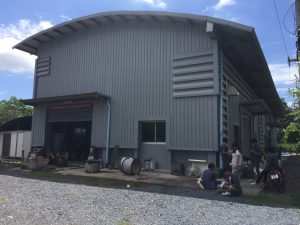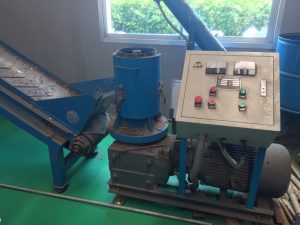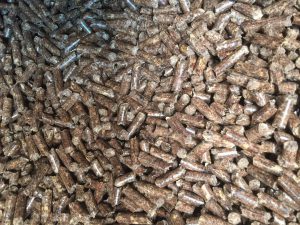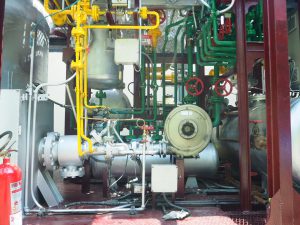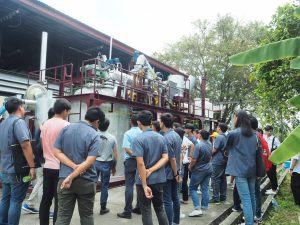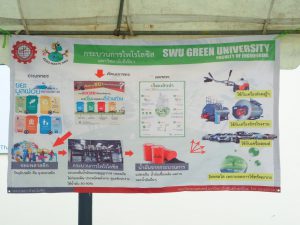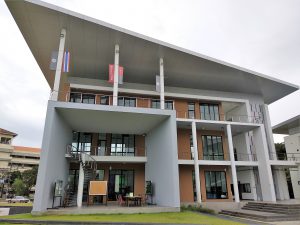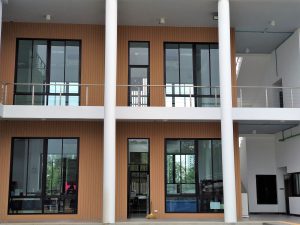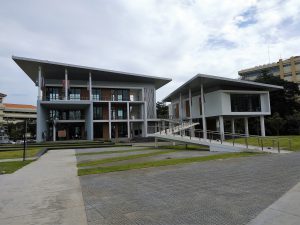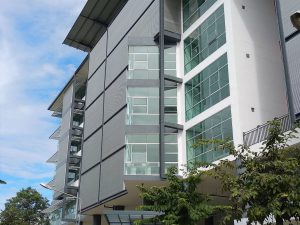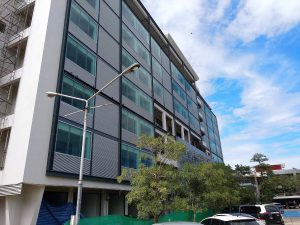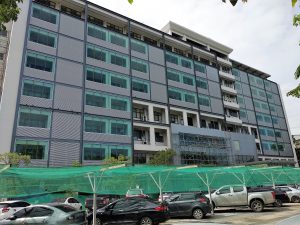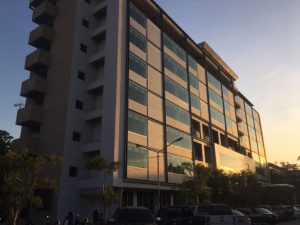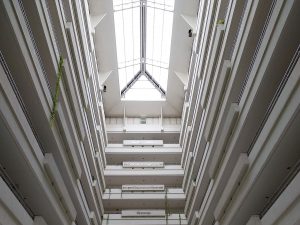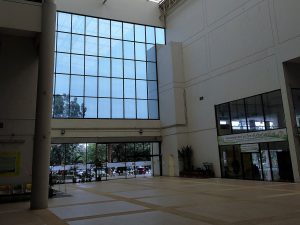
Energy and Climate Change
Implementation of energy efficient policies and energy conservation programs
In 2018, SWU Ongkharak Campus has replaced 30,000 of their 34,000 36-watt halogen lightbulbs with 18-watt LED bulbs. Additionally, there are recently completed campaigns of replacing their aircon units with brand new energy efficient units (some inverters and some VRFs) throughout the campus.
15,876,566 KwH
Electricity usage per year
1,473 KwH/person
The total electricity usage divided by total campus population
14,569 metric tons
Total carbon footprint for the previous 12 months
80%
Energy efficient appliances usage
3
Number of renewable energy sources in campus
1.39 metric ton
Total carbon footprint (CO2)/person

Renewable Energy
There are three renewable energy sources—Solar, Biomass power plant and Bio-methane and Pyrolysis oil—being in used in Ongkharak campus, with solar powered lighting in several carparks and in newly-installed pedestrian walkways. Pyrolysis oil can be used as fuels for gardening equipment and heating.
Elements of green building
Natural day-lighting and natural ventilation is commonly implemented in many of SWU Ongkharak’s faculty buildings. Tinted windows are used in all new building construction and in renovated buildings. Facades are installed in the southward and westward sides of the buildings to protect heat from the afternoon sunlight. Additionally, each building has a dedicated Manager to ensure minimum energy usage occurs.

